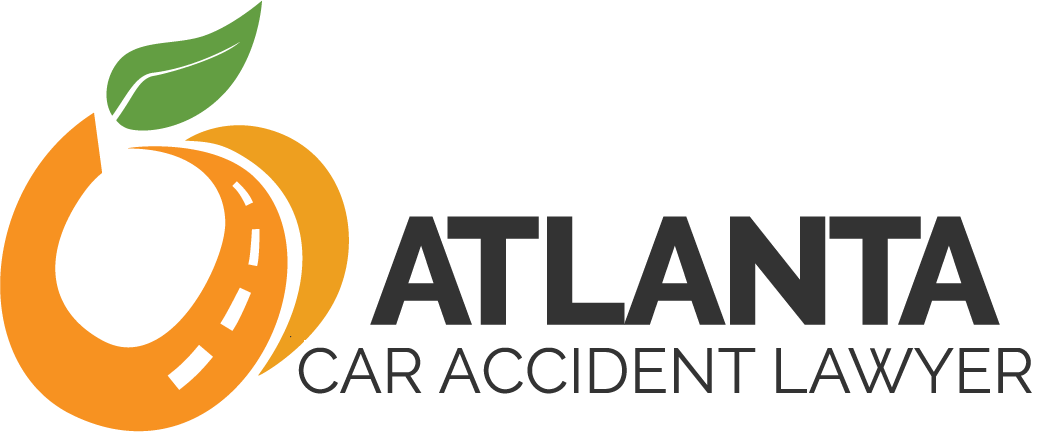
“Pain and suffering” is a legal term for injuries that affect your quality of life, but are not easy to measure. Pain and suffering includes physical pain, emotional injuries, and changes to your lifestyle. There is no true way to make up for pain and suffering—no amount of money can undo it. However, insurers do pay out larger settlements when there is substantial pain and suffering.
The exact value of a pain and suffering claim can vary greatly, but in general, the more serious your physical injuries, the more your pain and suffering claim will be worth. Pain and suffering is often measured by multiplying the other costs of your accident by a number that represents the severity of your injuries.
What are some examples of pain and suffering?
Pain and suffering falls into two general categories: physical pain, and emotional effects. Physical pain is the easiest to identify and understand. For example, if you were rear-ended and suffered whiplash, you probably have ongoing neck pain.
Emotional injuries can include mental health conditions like depression or post-traumatic stress disorder. But they can also include things that affect your lifestyle or quality of life. Some examples include:
- Sleeplessness
- Fear or anxiety
- Inability to participate in things you used to enjoy
- Having to adjust to a new occupation because you can no longer do the work you used to do
- Missing out on important events and activities
- Losing the quality of your personal relationships, including being a full partner in your marriage or being able to participate fully in raising your children
How do insurance companies handle pain and suffering?
Because it is hard to place a dollar value on pain and suffering, insurance companies usually begin by totaling up other losses (known as “special damages”) that are easier to calculate, including medical bills, prescriptions, physical therapy, lost wages, and car repairs. They then assign your injuries a number from 1 to 5, with 5 being the most severe. They calculate the value of your pain and suffering by multiplying this number by the total of your special damages.
For example, suppose you have medical bills, lost pay and other costs totaling $100,000. Your injuries are rated a “3” for their severity. Your pain and suffering award would be $100,000 x 3, or $300,000. This is not necessarily the final word on your pain and suffering damages, and a lawyer may be able to help you recover even more. In a serious accident, pain and suffering can be worth far more than your medical costs alone. A pain and suffering lawyer can help you get a higher compensation amount. However, it is important to remember that an insurance company will not pay out more than the maximum limit on the policy.
How do I know if I have a valid pain and suffering claim?
If you were injured in an accident, you can potentially make a claim for pain and suffering. However, it is easier to make a claim if your injuries are serious than if they are minor. For this reason, most pain and suffering claims involve more serious injuries.
For example, if you suffered whiplash and partial paralysis, insurance companies and courts are more likely to recognize that your injuries will cause you pain and greatly impact your future quality of life. You may not have to argue about whether your pain and suffering claim is valid. But if you only suffered a sprained wrist, you will need more evidence. A consultation with one of the car accident law firms in Atlanta Georgia can help you understand whether you have a claim. Even if you cannot make a claim for pain and suffering, you can recover other costs from the party who was at fault, including your doctor bills, physical therapy, vehicle damage and lost pay.
Talk to an Atlanta Pain and Suffering Claim Lawyer for Free
You may be able to recover a substantial amount of money for pain and suffering, but it’s important to have a lawyer on your side. Our experienced lawyers won’t charge you anything unless we win you money. Let us give you a FREE consultation—with no obligation. Call us at (404) 341-6555 or fill out the form to the right to get your free consultation today.





